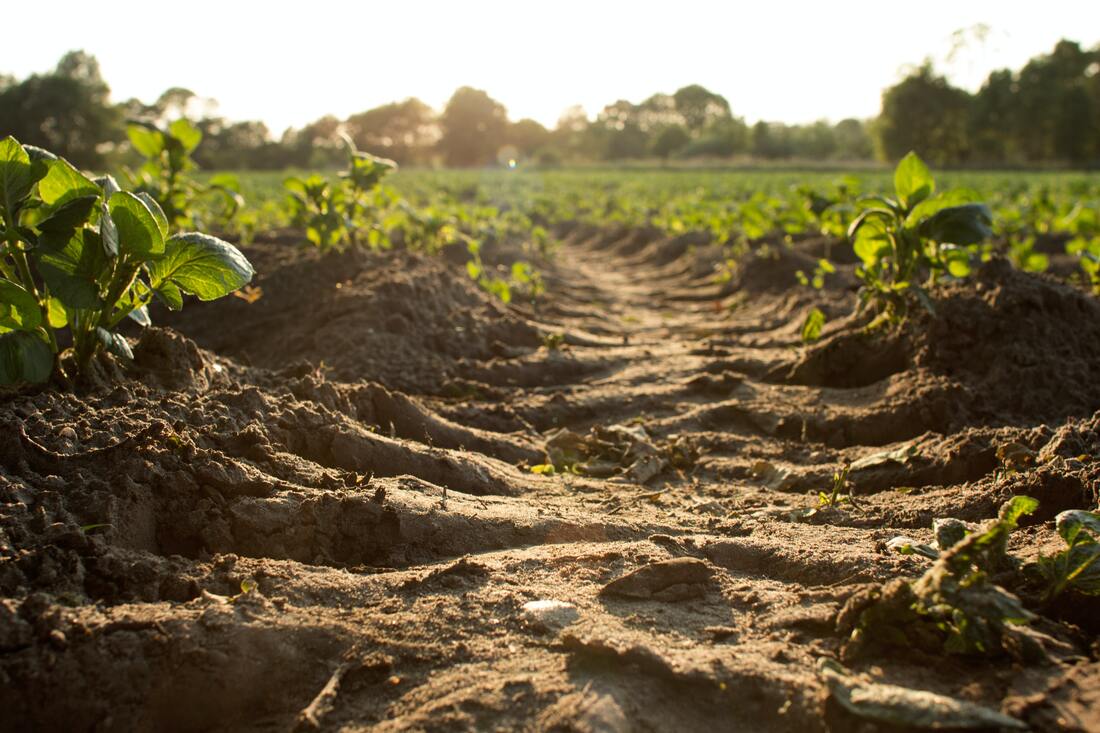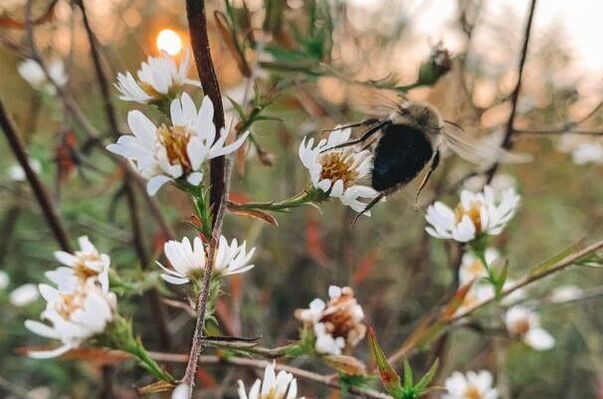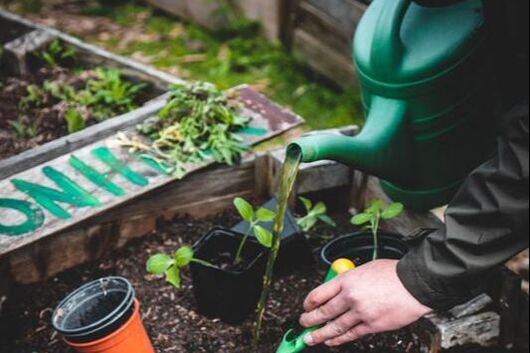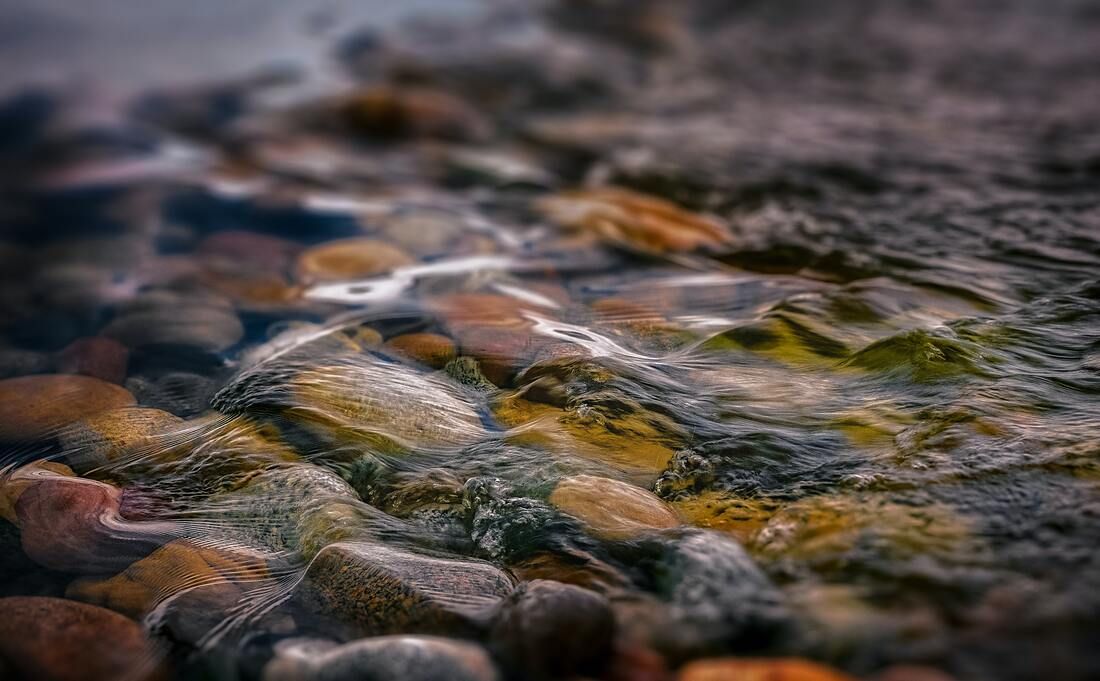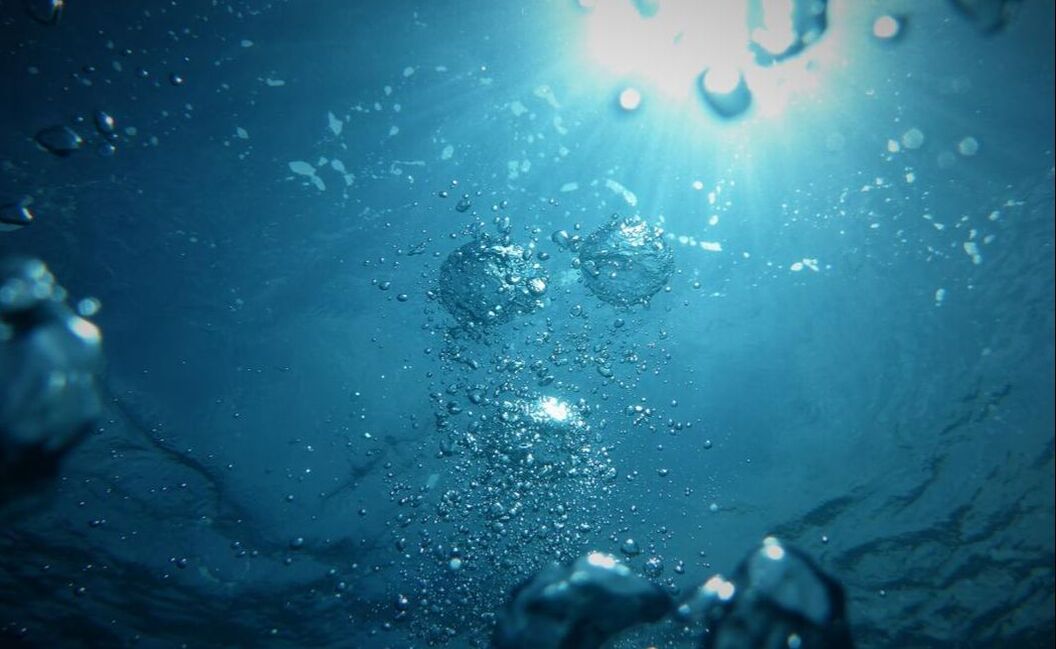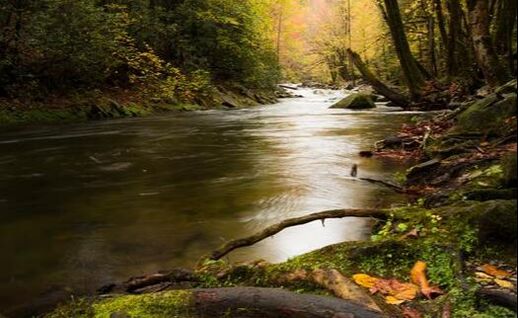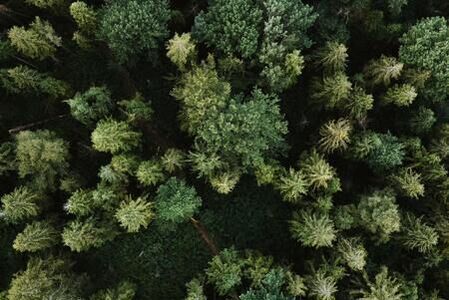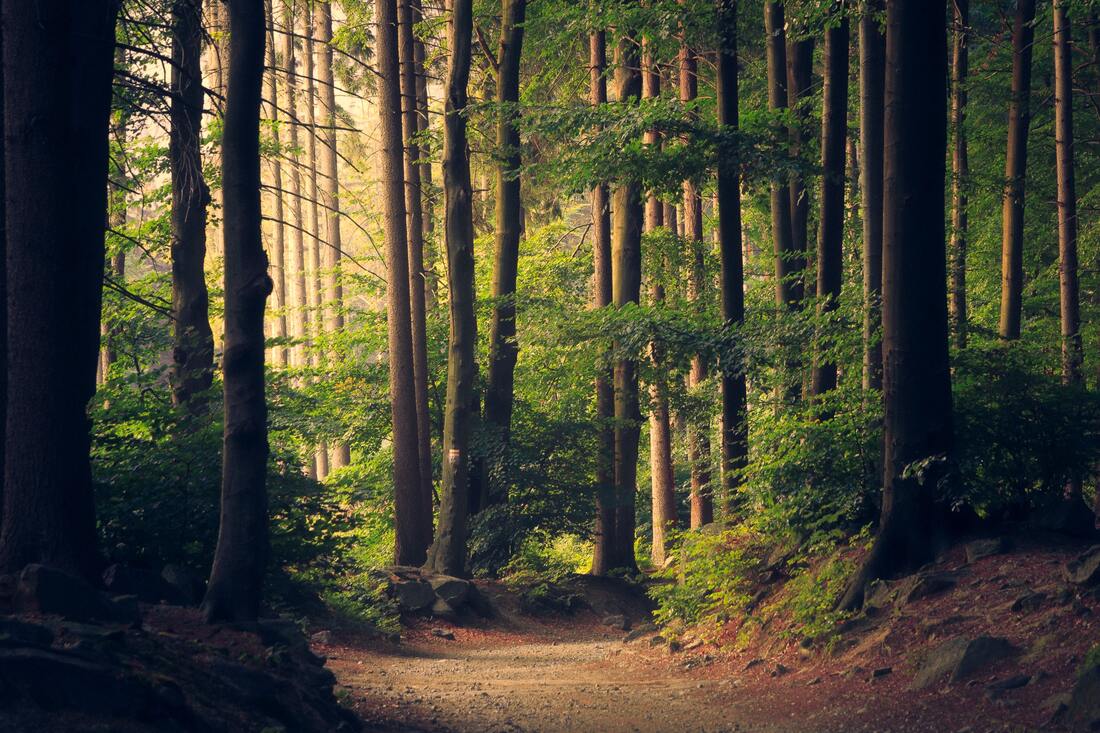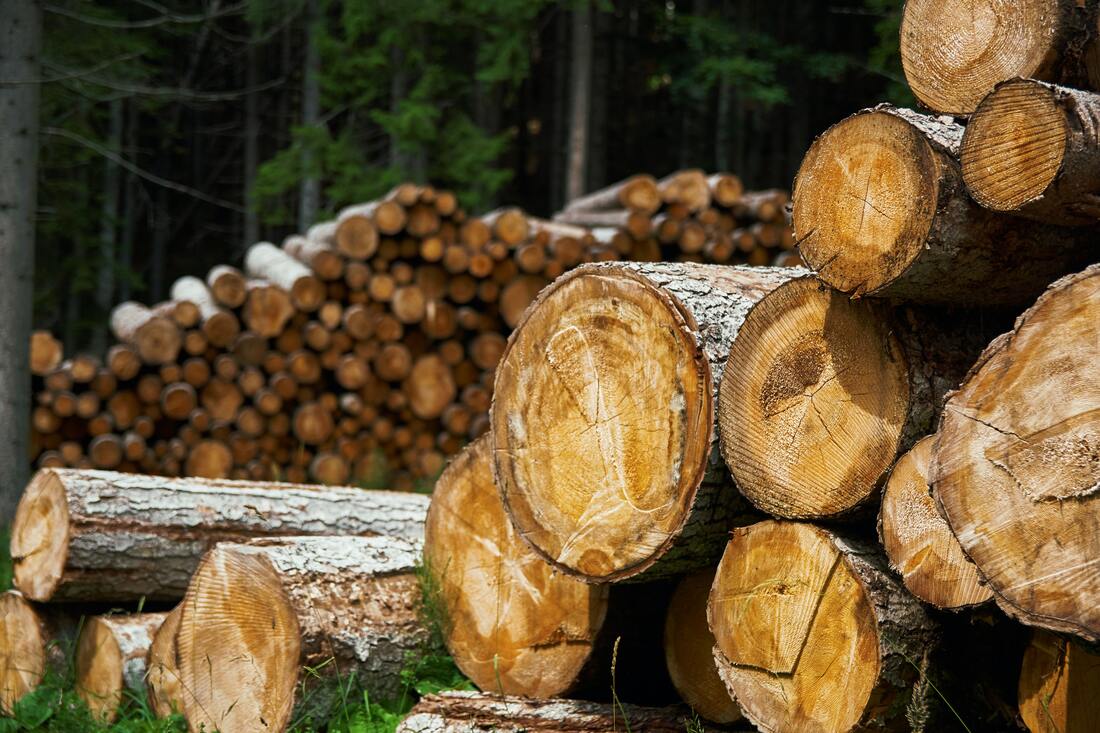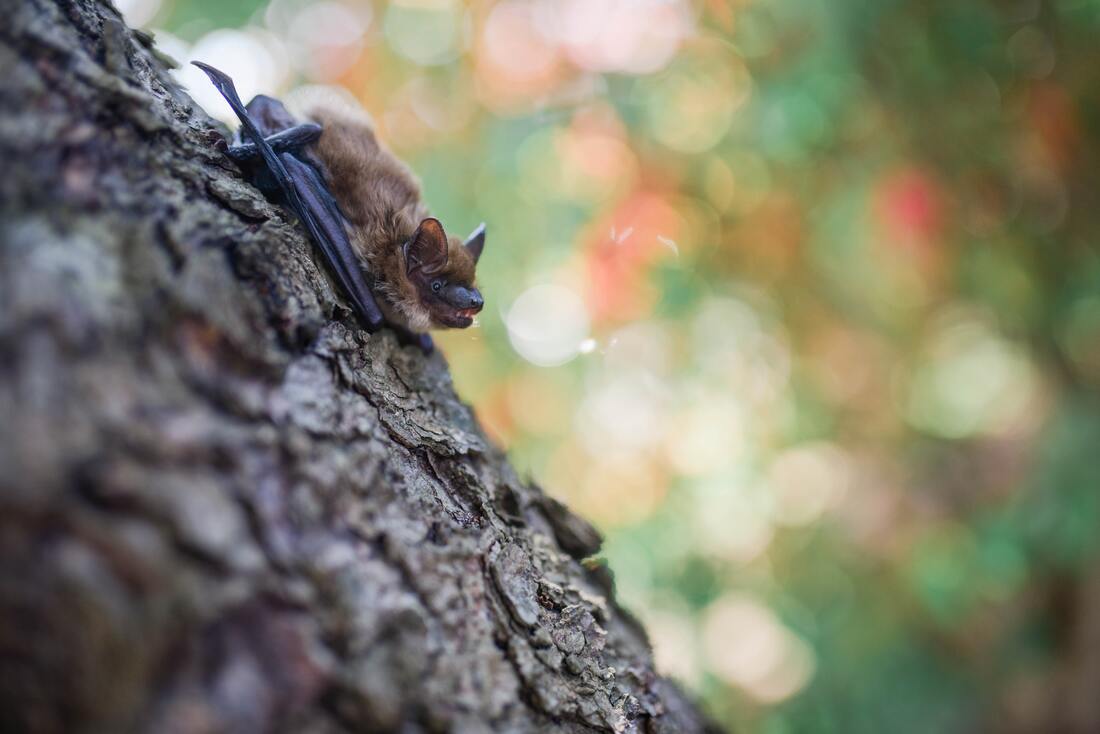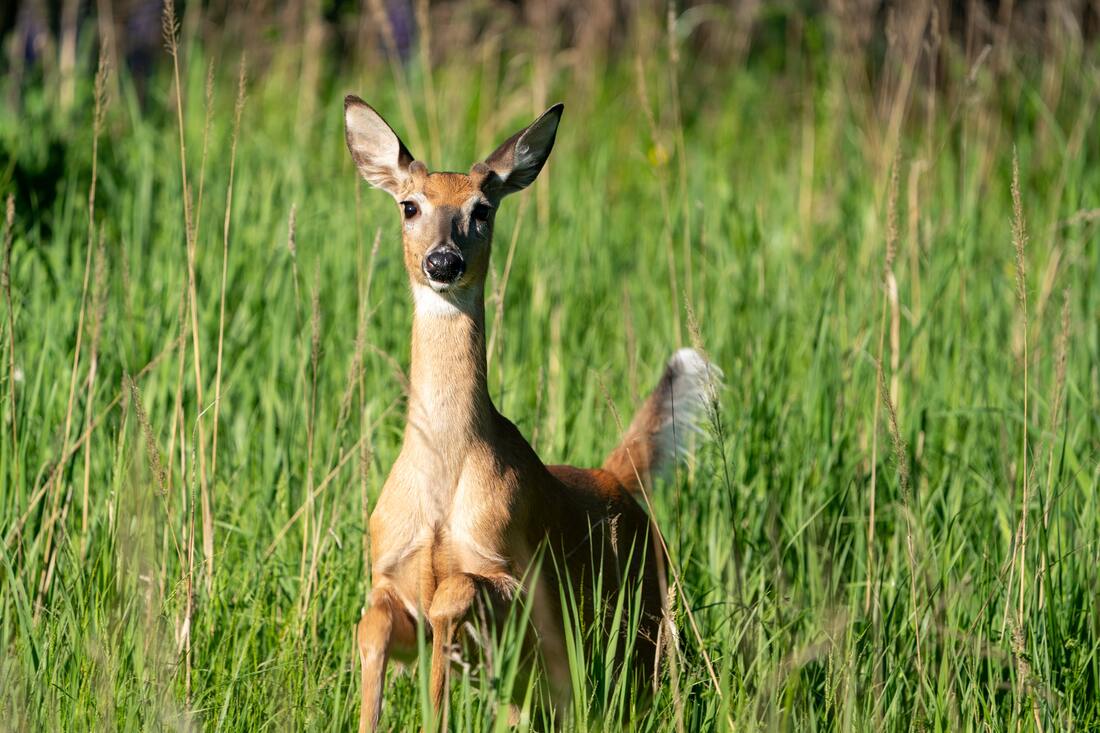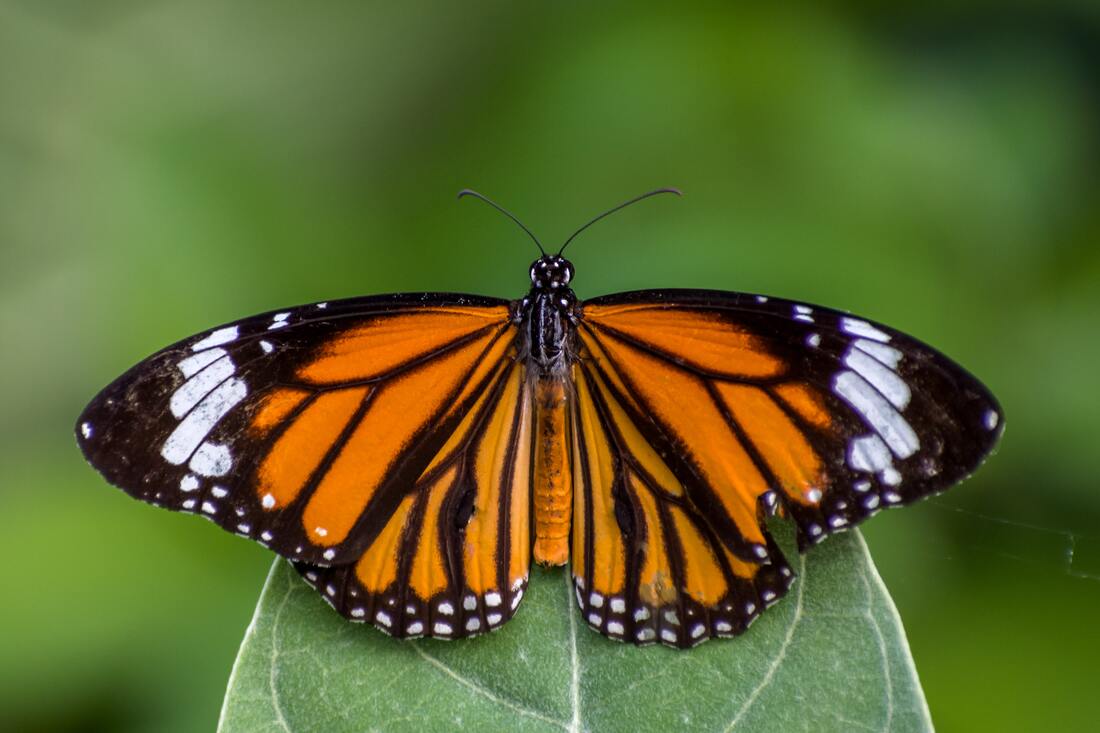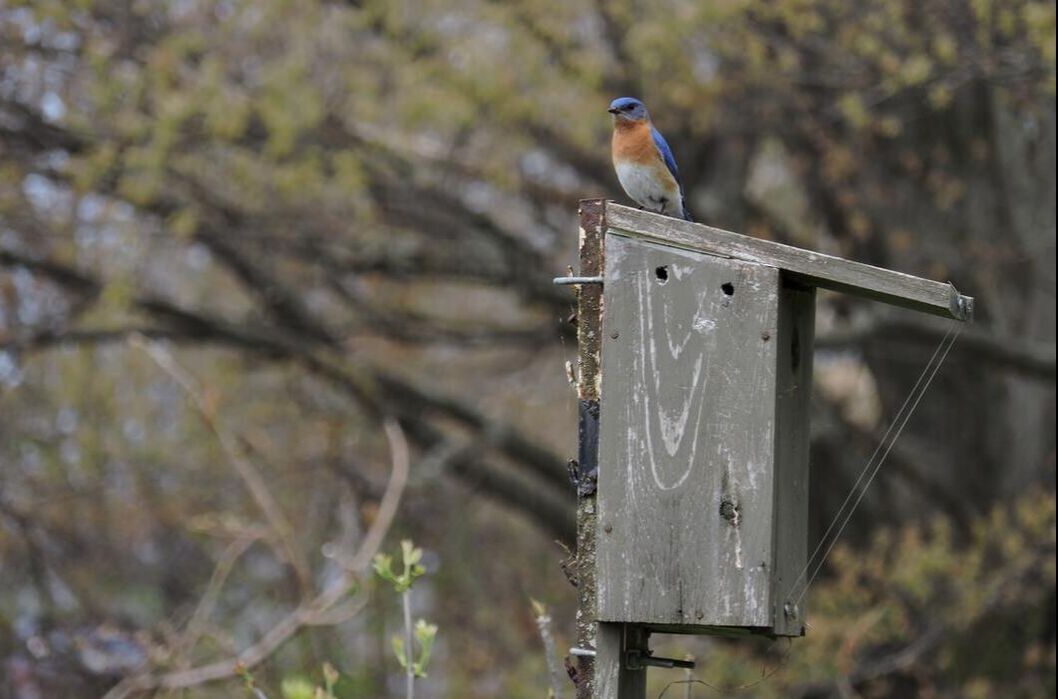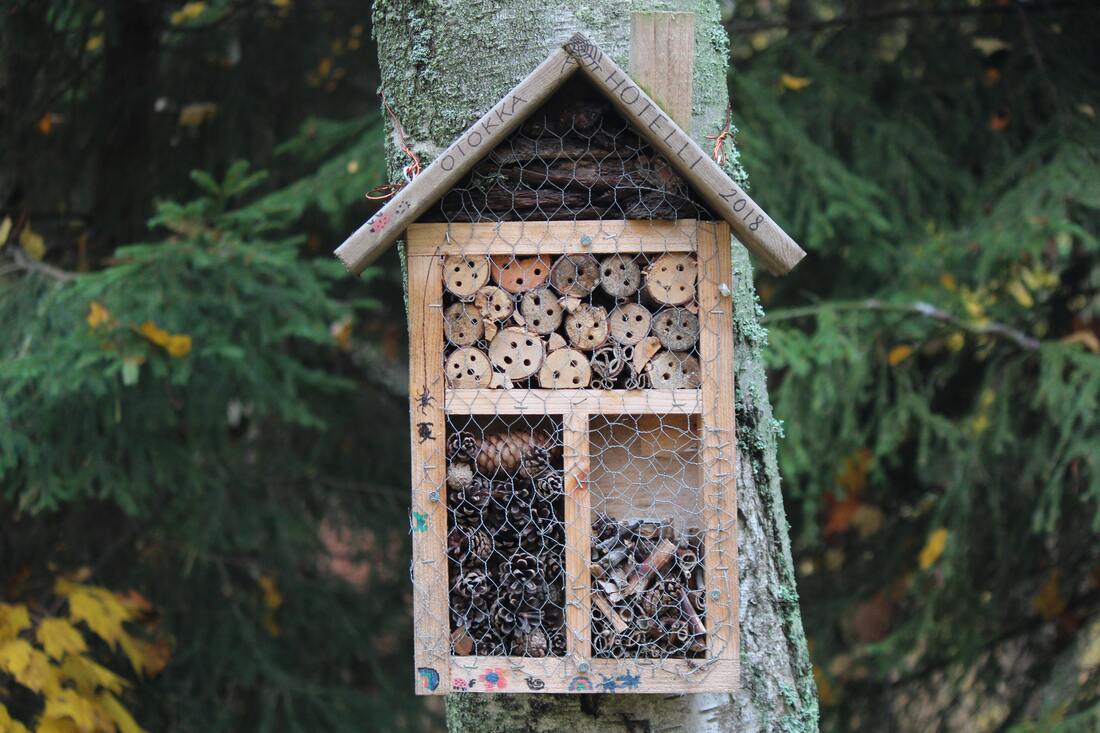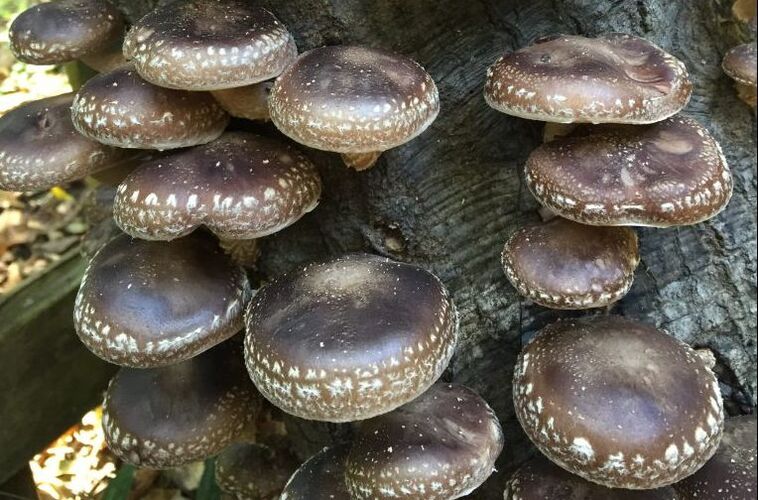AVSWCD works with schools, youth groups and camps to create dynamic, interdisciplinary lessons that align with, and support curriculum. With guidance from our staff, students gain hands-on experience in the field while having fun connecting with the natural environment. Lessons can be delivered at school or at a field trip location (groups are responsible for providing transportation). We offer year-round programming; every season offers another opportunity for additional learning! Many lessons require some time outdoors to forge meaningful connection with the world around us -- if that creates a barrier for some, let us know how we can accommodate your group. We want to provide a meaningful education program –contact us to discuss your needs or to schedule.
Lesson Catalog
Soil
The Soil SpongeSoils are the foundation for our planet’s ecosystems, for our food production, and for our lives! Students will learn about what soil is really made of, how we judge soil health, the importance of soil and will get the opportunity to conduct a soil quality test at school.
|
The Power of PollinationOne in every three bites of our foods are grown with the help of bees. Students will learn about the process of pollination, the work of pollinators, challenges, and threats to these creatures and how they can help.
|
Read ME Agiculture!Connect with agriculture in Maine! Students will be engaged with agriculture through storytelling and hands on activities. Register by mid February to sign up for this year’s reading in March, or email at any time for last year’s story on tomatoes!
|
Water
The Water CycleYou are not a drop in the ocean, but the ocean in a drop! Students will get their bodies moving by becoming water molecules as they simulate the movement of water through the water cycle.
|
Our Watershed, Our HomeWe all live in a watershed, and we want to keep our lakes and streams clean! Students learn about their local watersheds, how they connect to other bodies of water, as well as soil quality and human health.
|
Stormwater Tells a StoryDid you know that soil is the biggest pollutant in Maine now? Students will learn about runoff, erosion, and non-point pollution by interacting with a watershed demonstration model.
|
Vernal PoolsVernal pools are small ponds that burst with life in the spring as amphibians leave the safety of their underground burrows to breed. Students will learn about species found in Maine, threats to their delicate habitat, and ways they can get involved in their protecting these threatened species.
|
Wild about WetlandsWhat makes a wetland? Students will learn about key features, different types of wetlands, and the services they provide to an ecosystem. Can be spread over 2-3 lessons.
|
Beneath the SurfaceThe river may seem quiet and unassuming but beneath the surface it is teeming with life! Students will identify macro-invertebrates—aquatic insects that live in the river. We will discuss the part they play in the ecosystem and what they tell us of water quality.
|
Forestry
The Importance of TreesTrees are often seen as the least interesting part of an ecosystem—but without them the ecosystem wouldn’t exist! Students will discuss the many services that forests provide to humans, wildlife and the planet.
|
Dendrology (Study of Trees)
Maine is home to over 50 species of trees, but how can we tell them apart? Through class and outdoor experience students will learn to identify different types of trees based on their characteristics.
|
Forest ManagementWhat does a forester do? To manage a forest or woodlot effectively, you must consider all the different players that live and cohabitate there. Students will learn management practices that foresters and loggers use. We will also discuss other green jobs for students who want to pursue a career in the forest!
|
Forestry ToolsHow do you measure a forest? How do you measure a tree? In this interdisciplinary lesson students will get hands on experience using forestry tools to measure trees in the schoolyard and calculate how much useable wood is in the tree based on these measurements.
|
Invasive SpeciesWe’ll take a walk around the schoolyard and look for invasives and/or their host plants. We'll talk about key identifying features, challenges invasives create for the ecosystem, and what students can do to help.
|
Design the Ultimate InvaderA great follow up to our Invasives lessons or an invasives unit. Students will review characteristics of invasives that make them ultra-competitive in a new ecosystem. Then in groups they will create their own invader.
|
Wildlife
Bat Blitz!Students will learn about bats and their role in the ecosystem. We will identify the local bats found in Maine and threats to their populations today. Specific topics vary by grade. Topics include echolocation, white nose syndrome, diet, tracking population data and forming hypotheses.
|
White Tailed DeerStudents will learn about populations and how they affect our lives as humans through this white tailed deer study. Students will conduct surveys to collect data, identify checks, balances and carrying capacity of local populations and discuss when we should intervene (or not) when populations get out of hand.
|
Insect InspectionLet’s conduct a field investigation of the schoolyard! After forming questions and hypotheses well head to the schoolyard in search of insects. Students will practice catching and identifying insects, look at different types of habitat and collect data to analyze afterwards.
|
TrackingWe know they’re out there, but do we really know what animals are doing when we’re not around? Students will take a winter walk and learn how to identify tracks in the field. Students will look at behavior, habitat, scat, and track patterns to uncover the story of our local wildlife.
|
Food WebsThrough games, activities, and experiments, students will learn what food webs are, how the players within a system interact with each other, and what happens when something disrupts the system.
|
Working Worms:
|
Service Projects
Bluebird Box BuildingStudents learn about bluebirds, and their decline in habitat and nesting holes. Build one house together. Installation of box(es) dependent on availability of appropriate habitat and resources.
|
Insect HotelsStudents will build structures using materials like sticks, wood blocks, bricks, dried grasses etc that will create food, nesting and hibernating habitat for pollinators, insects and other critters that benefit and diversify the garden.
|
Growing MushroomsA great addition to an existing school garden, we will learn how mushrooms grow, their importance in their habitat, and then learn how to grow them ourselves! Students will get to inoculate logs, garden paths, or stumps; depending on availability of resources.
|
Vernal Pool MigrationStudents will learn about the delicate ecosystem of vernal pools. During a small window in the spring they explode with life as amphibians leave the safety of their underground burrows to breed. Many of these species are never seen except at these pools! Students will visit a vernal pool in the spring and collect data of the activity observed.
|
Bat House BuildingStudents will learn about bats, bat habitat and the challenges that populations are facing. Students will build one house together. Installation of box(es) dependent on availability of appropriate habitat and resources.
|
Invasive Species MaintenanceStudents will learn about challenges with invasive species dominating habitats, specific invasive plants in their area and get hands on experience removing them.
|
Find Us At:254 Goddard Rd
Lewiston, Me 04240 |
Contact Us:Project Director, Emma Lorusso
(207) 241-5374 [email protected] Technical Director, Sarah Torresen (207) 241-5377 [email protected] STAY UPDATED BY ADDING US ON : |

